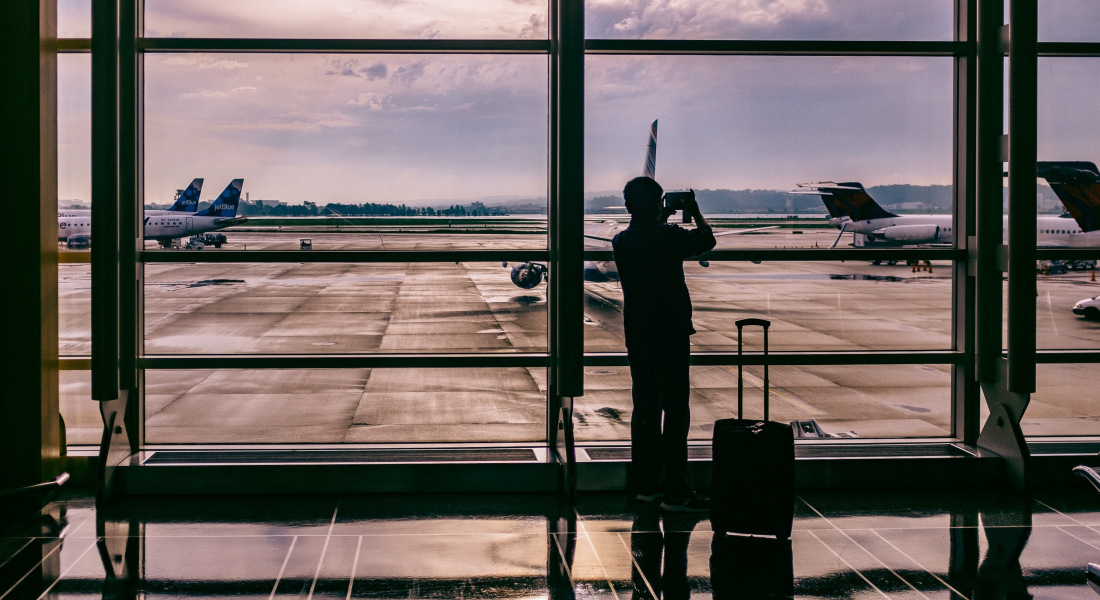All startup ecosystems across the world compete for investors' attention and strive to become a birthplace for the so-called unicorns. To do that, countries attract the best startups by offering them support instruments. Within the European context, startup residence permit (a.k.a. startup visa) is surely one of the most important ones.
Latvian startup visa program was launched back in 2017. Technically, it is a temporary residence permit for non-EU startup founders who are willing to relocate and develop their startups in Latvia. It is granted for 3 years, and a maximum of 5 founders can relocate under the same startup idea.
In the past 4 years, the startup visa program opened doors to Latvia for 138 startups, or 272 founders in total, 18% of which were women. The applications originate from a range of different countries, the vast majority coming from Russia and Belarus. One of them is Monqlab, whose Co-founder and CEO Nikolay Ganyushkin explains “I really like Latvia: the climate, the pine trees, the white-sand beaches, the fresh air - I'm from Dubna (Russia), and it truly feels like home, with one exception that here we have the sea, while back home it was the Volga-river. So, my life and routine hasn't changed that much after I moved to Latvia. Despite Covid-19 pandemic, I needed to be in Europe for my business, and Latvia seemed like the only viable choice - I never hesitated whether to apply for the startup visa or not, I just did.”
Startup visa application is straightforward: the main prerequisite is a well-articulated innovative startup idea and a development plan for the next 3 years. The application package is then submitted to the Office of Citizenship and Migration Affairs (OCMA) if you are in Latvia, or at the Latvian Embassy if you reside abroad. Learn more about the application process here. Unsure whether your idea is sufficiently innovative? Drop our Startup Support team of the Investment and Development Agency of Latvia (LIAA) a line at startup@liaa.gov.lv, and we will help you sort this out, prior to the document submission at OCMA. “The application process was very clear. My communication with LIAA was very pleasant: they approved my startup idea within a week, and then I submitted the package to the Embassy. It was then sent to OCMA in Latvia, and the wait started. Overall, it took about 3 months to get the startup visa, which was longer than I hoped for”, continues Nikolay from Monqlab.
Indeed, Covid-19 pandemic had a certain impact on how the immigration matters are being processed: things got slower and more complex due to restricted mobility and lack of full digitalization of all government services. In addition to this, Regulation Nr. 360 by the Cabinet of Ministers, imposed certain limitations for entering the country for those who come to claim their residence permits, including startup visas. To enter Latvia, startup founders need to confirm that they intend to develop a business that has substantial economic potential. To measure the potential, several parameters were defined, such as creation of 20 new jobs or mobilizing investments worth EUR 1 million within the next 3 years, and any one of them needs to be valid.
While this might sound a tad scary, there is no reason for fear: no hard commitment to achieve the said results is being made, and no one will come after you to hold you accountable.
All things considered, Latvian startup visa has been and remains an amazing program in so many ways: easy to apply, no unrealistic criteria, and friendly to spouses and children, too. As Ksenia Moskalenko, the Co-founder and CEO of Mission Space summarizes it well: “As a young entrepreneur who co-founded a space-tech startup and wanted to enter the European market, Latvia was the only country that offered excellent conditions for the development and growth of a startup that did not possess many resources. LIAA provided me with tremendous support in approving a startup visa and opportunity to apply for a residence permit. Despite the pandemic, all the processes were fast and efficient. Fast-forward, I am now preparing to go to EXPO 2020 in Dubai as a part of the Latvian delegation, representing a growing and promising space tech sector.”

